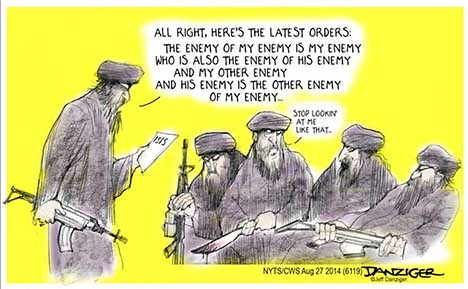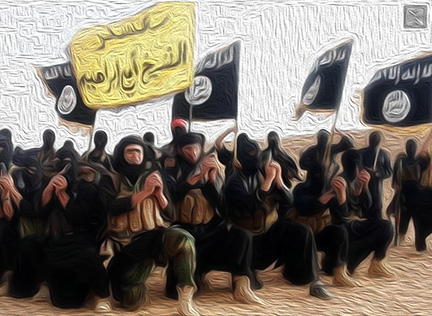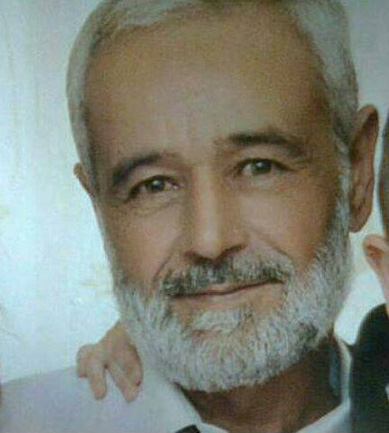
Graphic images of Shaimaa al-Sabbagh, an Egyptian activist who was shot and killed at a peaceful rally in Cairo on Saturday, sowed outrage on social networks;
Al Youm Al Saabi /Reuters
There is a phrase that sometimes says it all: “All hell has broken loose.” For anyone who knows the history of humanity, this is a sentiment that could be offered in any age. There is still “hell to pay” for some people on every corner of the globe. And it is not necessary to wait until “hell freezes over” to see or experience “hell on earth.” You can take your pick of hellish acts just in the last few days: a beheading here, an assassination there, a drone bomb here, a cluster bomb there, a suicide bomber here, a rape there, and the list goes on. The world’s attention was focused for the media minutes of a top story just a couple days ago when Yemen’s President Hadi and his entire government resigned, followed by the death of the aging Saudi monarch and leaving the Paris bombings in the dust (to be dusted off as needed ad infinitum by the Islamophobic surge sweeping Europe and shariahphobic America). Now there is the photo above: a woman protesting the abuse of an abusive dictatorial takeover in Cairo, a woman bringing flowers to the victims of a previous killing spree.
Look at this picture and you realize that talk of hell in the hereafter is not a comfort for those of us who find hell in the here and now. If an evil person will “get his” (I don’t know of that many women who create the kind of hell going on hourly and daily in the Middle East today) one day, it does not breathe life back into those whose lives have been taken away. Look at this picture and tell yourself this could be your mother, your sister, your wife or your best friend. Look at this picture and realize that this could be you. You may be far from this violence, this unleashed hellfire, this madness, this perversion of every positive value religions teach. You can look away, of course. You can see it as just another picture of which there are now millions, blood-soaked body parts unrecognizable. You can walk away, shaking your head, saying it can’t happen where you are. It may not, but it will continue whether you care or not. It is true that your tears will not raise the dead and protect the innocent. But shedding tears is the best way to respond to such terrible spilling of blood and still live with yourself as a human connected to other humans.
If I believed the hype of a literal hell and lake of fire, I would hope that those who commit acts of hell on earth would be greeted with automatic entry into the imagined hell of the hereafter. But those who do such despicable acts to fellow human beings are already chained to the hell they create for others. And the hell on earth is the only one that matters on earth. Hell is not in the hereafter; it is too powerful here and now to need a future.






